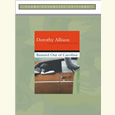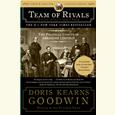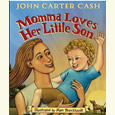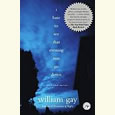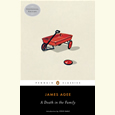Out of Carolina—But Always Of It
Dorothy Allison is an unrelenting realist, steeped in the working-class South. She began her career with the short-story collection Trash (1988), published by the feminist and lesbian press Firebrand Books. Her first novel, Bastard out of Carolina (1992), was a finalist for the National Book Award and continues to be widely read and championed today. Since then she has written a book of essays, Skin: Talking about Sex, Class and Literature (1994); a meditation on storytelling, Two or Three Things I Know for Sure (1995); and a second novel, Cavedweller (1998). Each has continued to attract critical success and a large cadre of fans who appreciate her craft and her willingness to write about characters on the margins.

